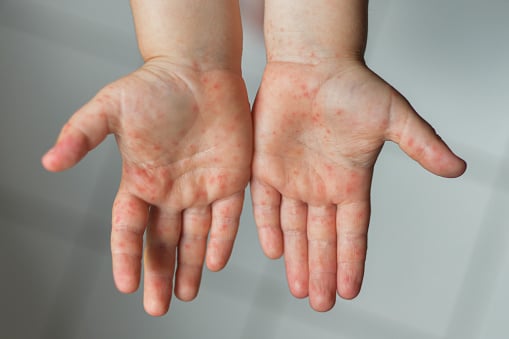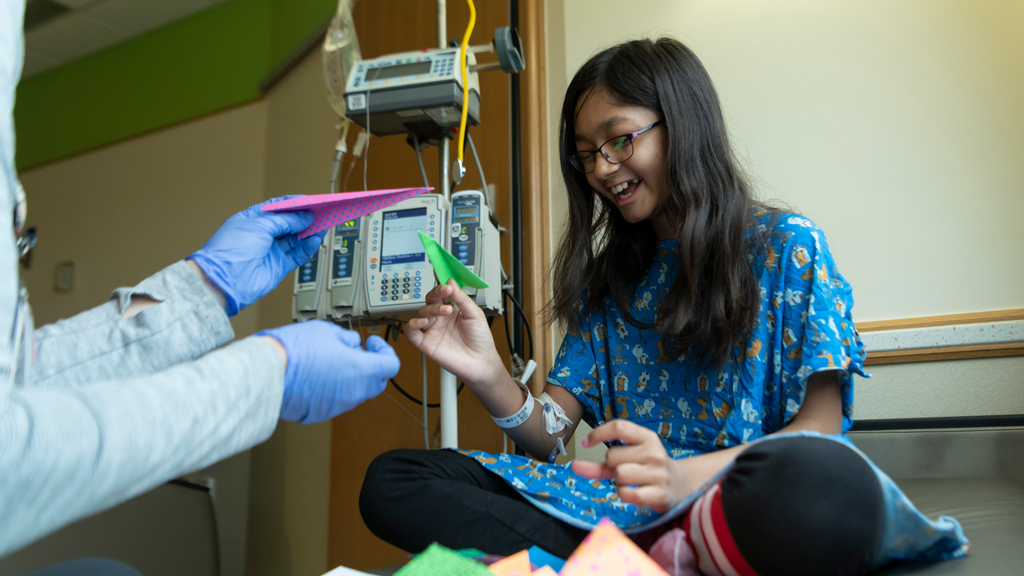Condition
Enterovirus D68
What are the symptoms of enterovirus D68?
The symptoms are similar to those of a cold or asthma, which include:
- fever
- wheezing
- coughing
- runny nose
- body and muscle aches
- difficulty breathing

Experts in Infectious Diseases at Children’s National Hospital say children with asthma or those who are less than 5 years old are more vulnerable to the virus. Allergies do not appear to play a role. EV-D68 has no vaccine and no specific treatment other than treating the symptoms.
How is it transmitted?
Transmission may occur through close contact with an infected person or by touching objects or surfaces that have the virus on them and touching your eyes, mouth or nose.
What can parents do?
Hand washing and practicing good personal hygiene are the best way to prevent the spread of germs. There is neither a vaccine nor specific treatment for the enterovirus other than treating the symptoms.
The CDC recommends protecting yourself and others from the virus by:
- Wash hands frequently especially after using the bathroom or changing diapers
- Avoid touching your eyes, nose and mouth with unwashed hands
- Avoid close contact with people who are sick and when you are sick
- Clean and disinfect frequently touched surfaces
- Cover your coughs and sneezes with a tissue or your upper shirt sleeve
- Stay home when you are sick
Parents should also consider the following to minimize your children's fears:
- Find out what they know to hear any misconceptions or misunderstandings they may have
- Stay informed of recent developments, teach sensible precautions and explain the facts
- Talk about hygiene to not only help protect your child from the illness, but will also keep him or her healthier in general
What should I do if I think my child has enterovirus D68?
If a child has the virus, the illness can escalate quickly. If your child has the symptoms listed above and you suspect your child may have the virus, contact your pediatrician right away.
For more information, watch a presentation on emerging viruses by Roberta DeBiasi, M.D., Chief, Division of Pediatric Infectious Diseases.
Providers Who Treat Enterovirus D68
Departments that Treat Enterovirus D68

Infectious Diseases
Our Division of Infectious Diseases is the major referral center for infectious diseases in the Washington, D.C., area, helping thousands of patients each year, and actively promoting prevention through community outreach and education.











